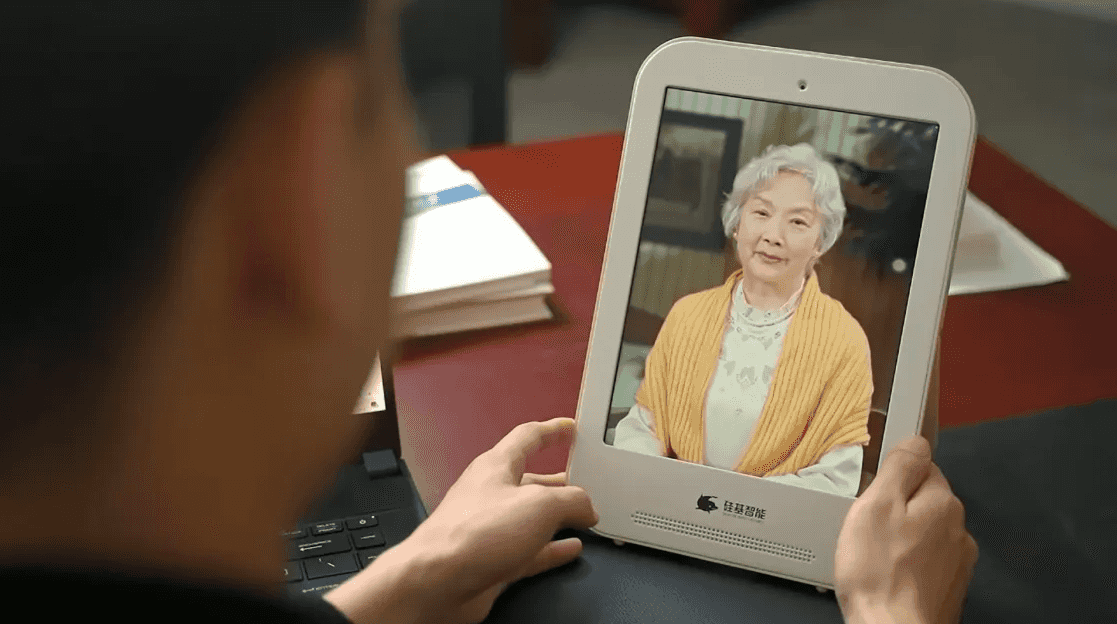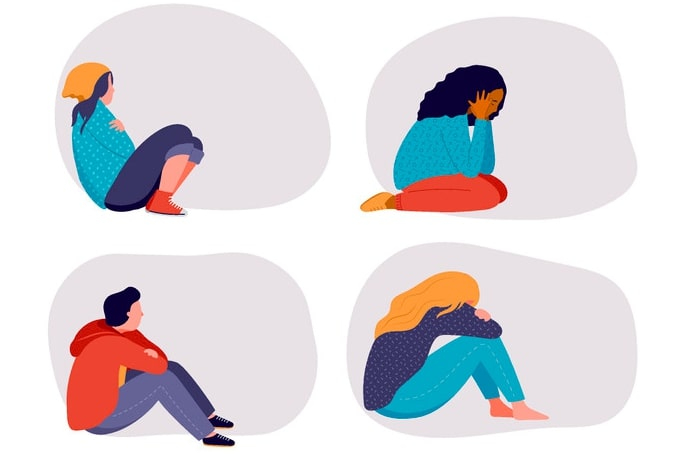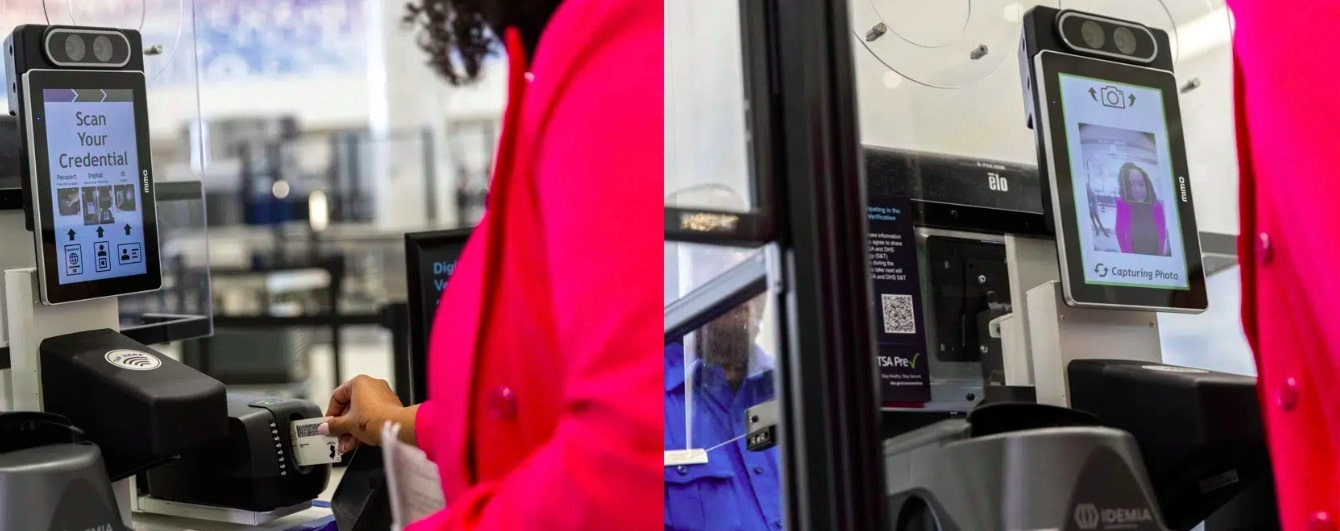Companies are “resurrecting” deceased loved ones using AI

Image: Silicon Intelligence
In yet another example of Black Mirror-turning-reality: A growing number of people who have suffered the loss of a loved one are turning to AI to preserve, animate, and interact with their deceased friend or family member.
These so-called “deadbots” are particularly popular in China, where at least a half-dozen companies have launched competing products and driven the price of a digital “resurrection” down from ~$2,500 to a few hundred dollars over the past year.
How it works: Deadbots are essentially AI-produced deepfakes that function similar to current technology used to replicate a living person. Machine learning is used to generate a realistic personal avatar that can move and speak, with integrated large language models generating the conversations.
- The more data these AI models can access about someone’s life – drawn from photos, videos, audio recordings, and text messages provided by the client – the more closely the avatar will mimic that person.
Yes, but… Many experts have warned that interacting with AI replicas of the dead could actually be an unhealthy way to process grief, citing recent scientific research that shows the presence of deadbots can cause significant damage by short-circuiting the normal mourning process. They have also raised questions about whether dead people can officially consent to having their likeness recreated digitally.
Zoom out: In the US, many smaller AI companies have launched chatbots that are explicitly designed to provide companionship to humans, with some executives arguing that AI friends or significant others can help address America’s ongoing loneliness epidemic.
- However, none of the current leading AI labs – including OpenAI, Microsoft, Google, Amazon, and others – are focused on companionship, with company leaders deeming it too risky to let users form emotional connections with their chatbots.
📊 Flash poll: Would you personally be open to the idea of having an AI companion and/or a “deadbot” replica of a loved one?
See a 360° view of what media pundits are saying →

Sprinkles in favor of AI companions and “deadbots”
- Some commentators argue that while not everyone will be interested in or gain value from an AI avatar of a deceased loved one, there’s a possibility that such tools could help certain people work through their grief.
- Others contend that it might be easy to assume AI bot users are more isolated and less prone to socializing with real people, but in reality bots often prime people for real-world interactions and experiences, rather than encouraging solitude.
- “Reviving The Dead With AI: Is It Really Worth It?” –Federico Guerrini, Forbes
- “Artificial intelligence will forever change our relationships. We can still choose how.” –Michelle Culver, The Colorado Sun
- “AI companions are on the rise — should we be worried?” –Natalie Issa, Deseret

Sprinkles against AI companions and “deadbots”
- Some commentators argue that the grief associated with the loss of a loved one isn’t supposed to be easy, and that AI avatars are stepping over the line between an act of grief and disregard for the universal etiquette of letting the dead rest in peace.
- Others contend that while AI companions are marketed as something that will enhance your mental health and well-being, they specialize in delivering dependency, loneliness, and toxicity, all while prying as much data as possible from you.
- “AI avatars? I'm dead against the idea of digitally resurrecting my loved ones” –Hayley Kadrou, The National
- “Your new AI girlfriend doesn’t love you. She’s just monetizing you” –Vinay Menon, Toronto Star
- “My dinner with AI” –Josh Tyrangiel, WaPo
Share this!
Recent Discussion stories

Discussion
| May 8, 2024Are younger Americans overloaded on mental health awareness?
🧠 While mental health awareness campaigns are helpful for some young people, a growing amount of research indicates they can also have a negative impact on adolescents as a whole.

Discussion
| May 6, 2024“Double haters” are shaping the 2024 presidential election
🗳️😠 Yesterday marked exactly six months until the upcoming presidential election. And November is starting to come into focus, thanks to new polling data regarding a group of voters increasingly called “double haters.”

Discussion
| May 3, 2024US lawmakers want to reign in the TSA’s use of facial recognition
✈️👤 A bipartisan group of senators is pushing for restrictions on the use of facial recognition tech by the TSA, citing concerns that travelers’ privacy and civil liberties may be at risk.
You've made it this far...
Let's make our relationship official, no 💍 or elaborate proposal required. Learn and stay entertained, for free.👇
All of our news is 100% free and you can unsubscribe anytime; the quiz takes ~10 seconds to complete